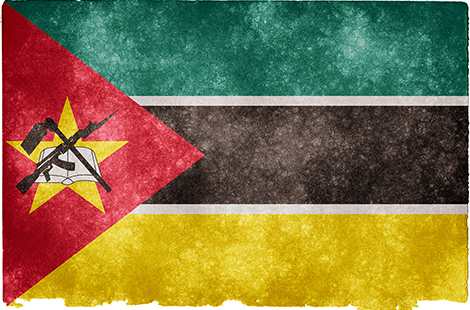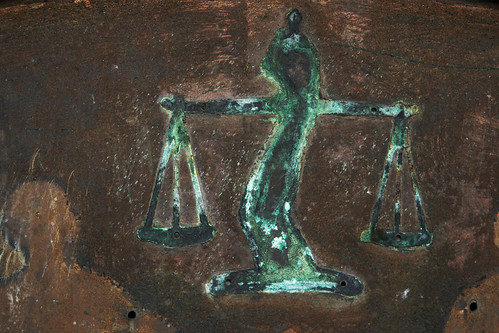
This article was originally published by the Institute for Security Studies on 22 July 2016.
A perfect storm is brewing in Mozambique as rocky economic and political fortunes stoke the embers of a decades-old conflict.
Twenty-four years after the end of the country’s civil war, sporadic violence has been erupting as former civil war adversaries have taken up arms once again. This has been fuelled by a complex web of political and economic incentives.
Both the Mozambique Liberation Front-led (FRELIMO) government and the former rebel group turned main opposition party, the Mozambican National Resistance (RENAMO), have demands for the country’s political future. The strength of their agenda at the negotiating table cannot be separated from their strength of arms in the provinces.
Meanwhile, as the political elite hash out positions for their share of power, an economic crisis looms. This has been brought on by government debt mismanagement and corruption.




